Category: Current projects
News & events
-

Human intelligence in AI loop
In this project, we will investigate how to introduce human intelligence in the loop when…
-
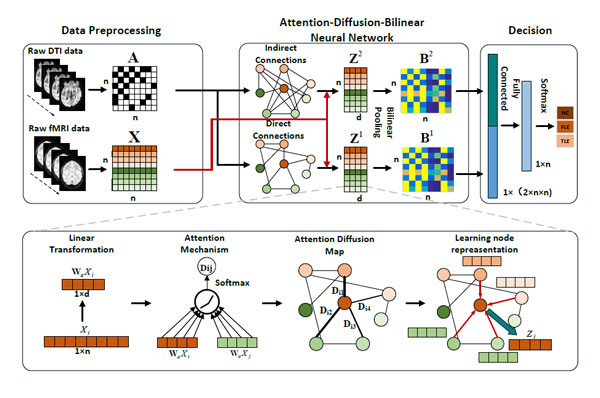
Imaging analysis and AI
In this project, we will focus on cohesively developing advanced AI technologies to revolutionise imaging-based…
-

SoilWaterNow: Soil water nowcasting for the Australian grains industry
In this project funded by the GRDC we are developing a modular and scalable framework…
-
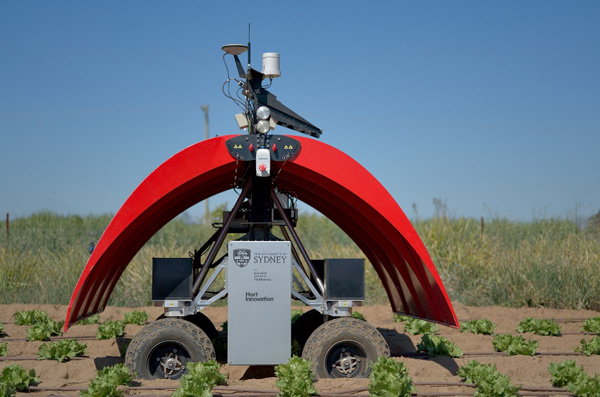
Field robotics
The aim of this project is to develop autonomous systems capable of operating continuously on…
-
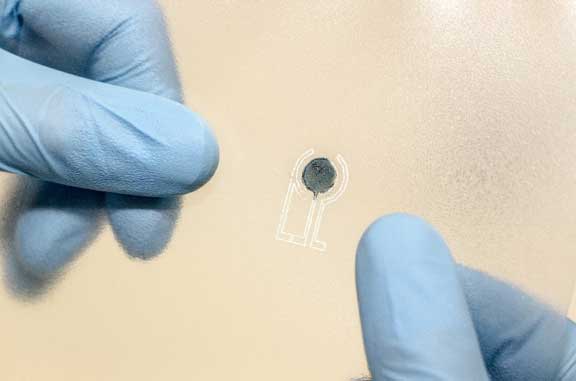
Monitoring our food supply
In this project we are developing novel sensors to monitor food quality, safety, and authenticity…
-
Creating the next generation of tungsten carbide-cobalt hard metals
Tungsten carbide-cobalt metals are among the most widely used metals in the world, with a…
-
3D printing to enable new, customisable advanced alloys
Additive Manufacturing is using 3D printers, data and computer-aided design to create completely customisable parts…
-
State of the art hub to bolster Australia’s competitive advantage
Advanced manufacturing accounts for half of Australia’s manufacturing output and is one of the fastest…
-
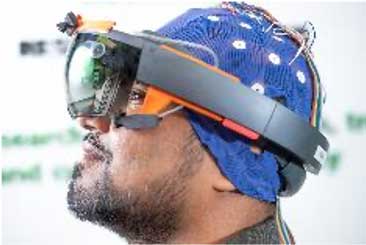
Medical devices and technology
—
Enormous advancements in health care can provide correspondingly enormous impacts in Defence applications. Our research…
-
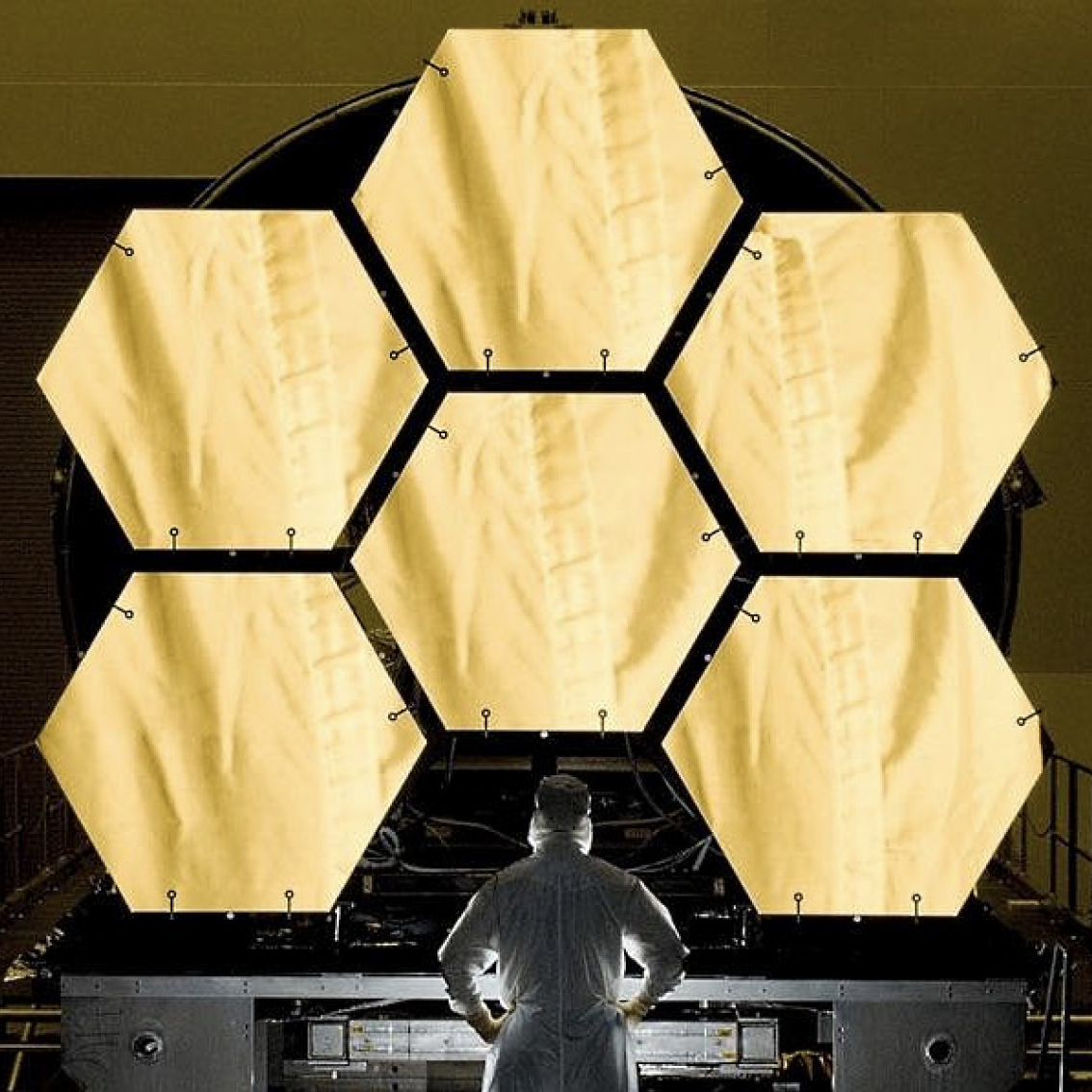
Materials design and modelling
—
Our materials design and modelling capabilities span the full range of length-scales from individual atoms…
-
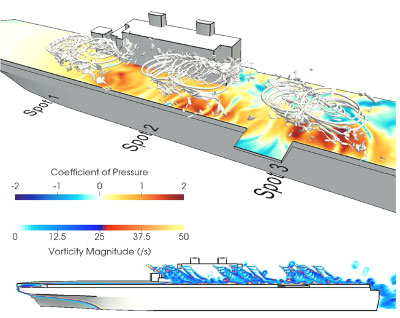
Computational design and engineering
—
We have longstanding collaborations with defence in developing and translating state of the art computational…
-
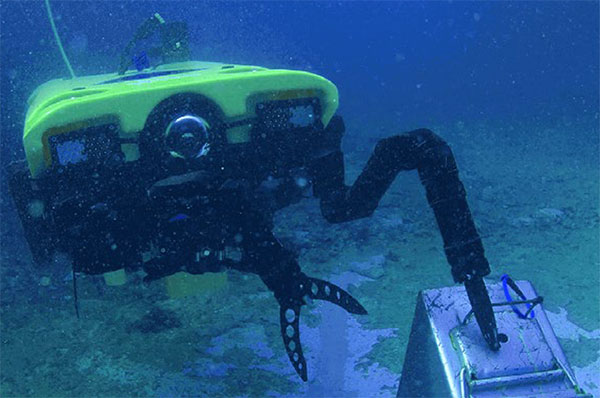
Robotics and machine learning
—
The Australian Centre for Field Robotics (ACFR) is dedicated to the research, development and dissemination…